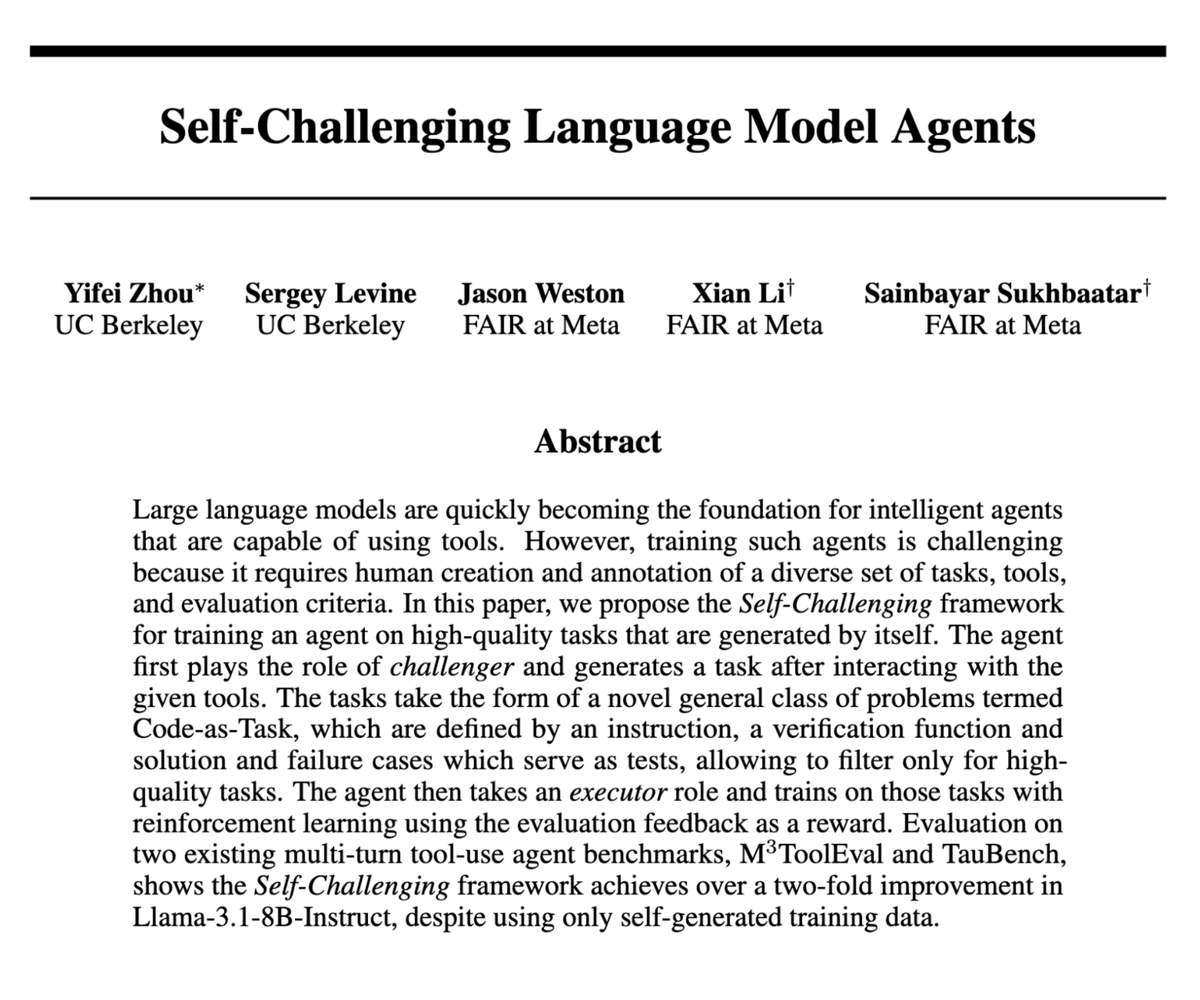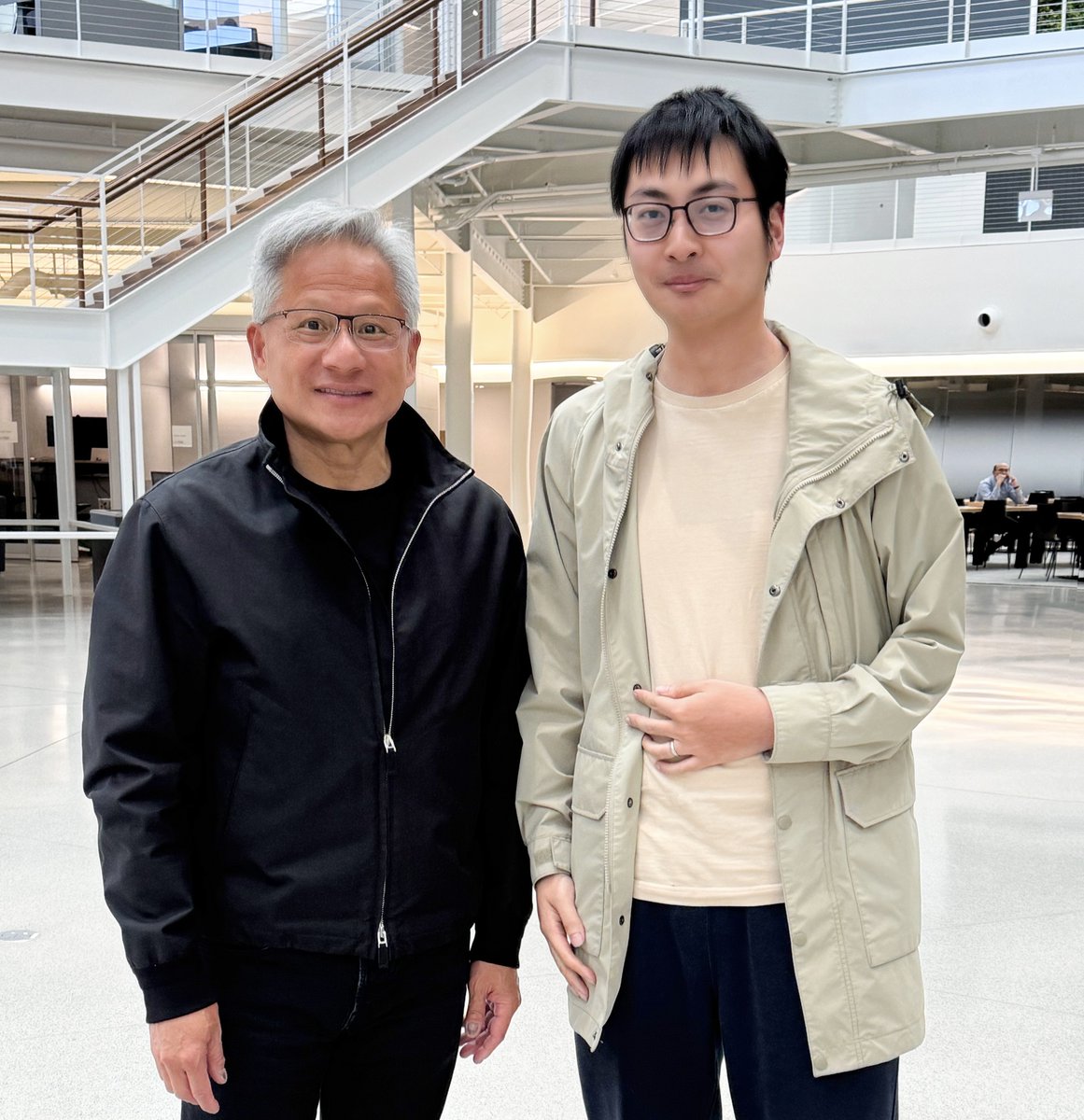
Jihan Yao
@jihan_yao
PhD student @uwcse. Prev. @Tsinghua_Uni. Self-improving of large foundation models.
ID: 1716308968715456512
23-10-2023 04:22:07
15 Tweet
40 Followers
80 Following







EvalTree accepted to Conference on Language Modeling 2025 - my first PhD work and first COLM paper 🙌! What would you like to see next—extensions, applications, or other directions? Always open to ideas! 🧐


Personalization methods for LLMs often rely on extensive user history. We introduce Curiosity-driven User-modeling Reward as Intrinsic Objective (CURIO) to encourage actively learning about the user within multi-turn dialogs. 📜 arxiv.org/abs/2504.03206 🌎 sites.google.com/cs.washington.…












